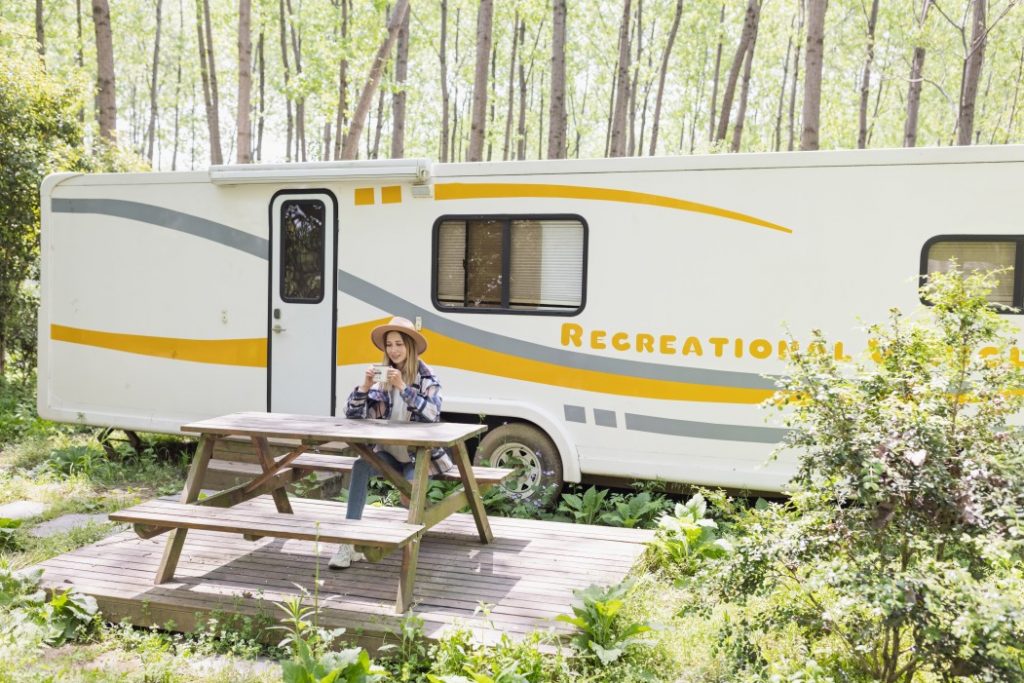What Kind of Insurance Do You Need For an RV?
You may be asking yourself the first question: What type of insurance do I need for my recreational vehicle? In the event of a loss, you should make sure that your vehicle has comprehensive, collision, and liability insurance. You may also want to purchase Loan Payoff Coverage, also known as Gap Insurance, if you have a loan on your RV. Before you make major purchases, it is important that you choose the right insurance to protect your recreational vehicle.
Liability coverage
It is important to have liability coverage if you own an RV. This coverage will pay out if you are at fault in an accident resulting in damage to someone else’s property, or to theirs. You can choose to have one liability limit or a maximum of $300,000. Your insurance company will pay any damages up to the policy’s limits. You should consider these limits when choosing an RV insurance policy.

When you are looking for RV insurance, make sure you consider your limits of liability, personal injury, as well as the property coverage you require. You may consider an umbrella policy to limit your exposure, but a full replacement value policy may be more affordable depending on your budget. When choosing a liability policy, you should always consider the worst-case scenario and add additional coverage to protect yourself. You may end up paying more than you want.
Comprehensive coverage
When you are considering getting an RV insurance policy, you will want to consider the different types of coverage available. Most policies will cover a tow-behind caravan, but some policies may not. A good agent will have many questions to ask and will help you determine what type of coverage will be best for you. Even though you may not know it, you can opt for a different level of coverage if your pop-up camper is tow-behind or a trailer.
If you are interested in purchasing a comprehensive insurance policy for your RV, you should make sure you get a quote from an insurance expert. Many insurance companies offer many options for coverage. Agreed Value coverage is an alternative to comprehensive coverage. If you have to return your RV due to loss, this coverage will pay you the agreed-upon value. For those who are looking for RV insurance, Agreed Value coverage can be a great option.
Agreed Value coverage
Although Agreed value coverage is not required for all policies, some specialty RV carriers offer this option. In case of total loss, the insurance company will pay the agreed-upon value for the covered RV. It provides greater protection but also comes with higher premiums. However, it can provide greater peace of mind. Here are some things to know about Agreed Value. Continue reading to find out more.
This coverage covers any type RV, from a bus converted to a custom motorhome. For used RVs, and those with upgrades, an agreed value is available. The agreed value is determined based on the purchase price as documented in the sale documents. In some cases the Kelley Blue Book value or NADA value is used to determine the agreed price. No matter what the case may be, Agreed Value coverage can be purchased for insurance.
Contents coverage
An RV is often a mobile home, so having adequate insurance is important for the safety and security of your belongings. You can purchase contents insurance for your RV’s personal possessions such as clothes, computers and televisions. A comprehensive policy covers all of your vehicles, including the trailer, but may not cover water damage. Liability coverage covers you against bodily injury or damage caused by others. Like car insurance, liability coverage is a necessary part of RV ownership. To legally drive an RV, many states require that RV owners have a certain amount liability coverage.
A typical policy will cover your personal effects up to $99,000, which is a large amount for an RV. This policy is useful in the event that your RV is damaged or destroyed and you are unable to retrieve your items. You can also schedule certain items, such as jewelry, electronics, and expensive sports equipment. You might list your kayak or other outdoor gear on your policy. An agent can help you decide if this coverage is necessary.